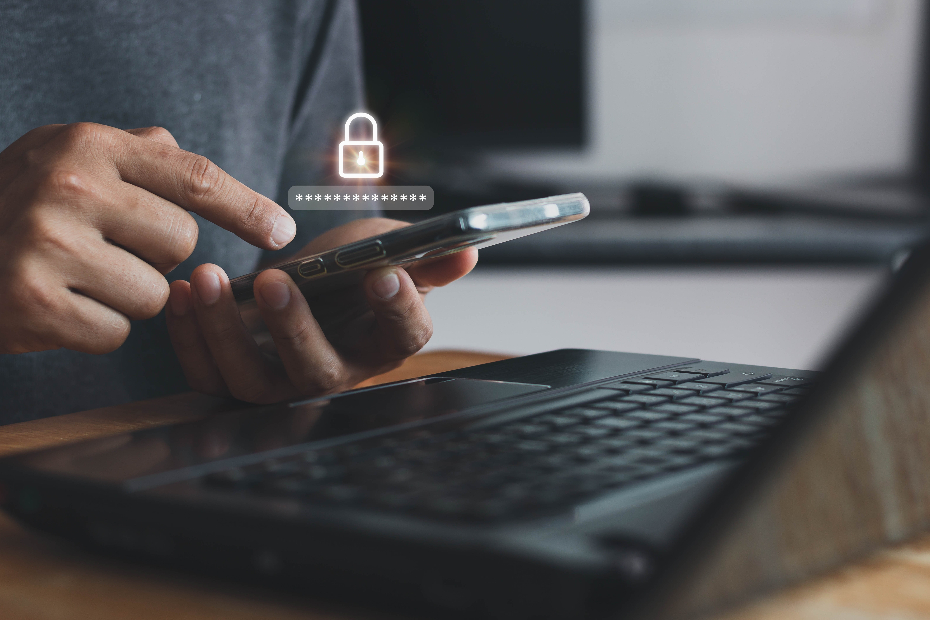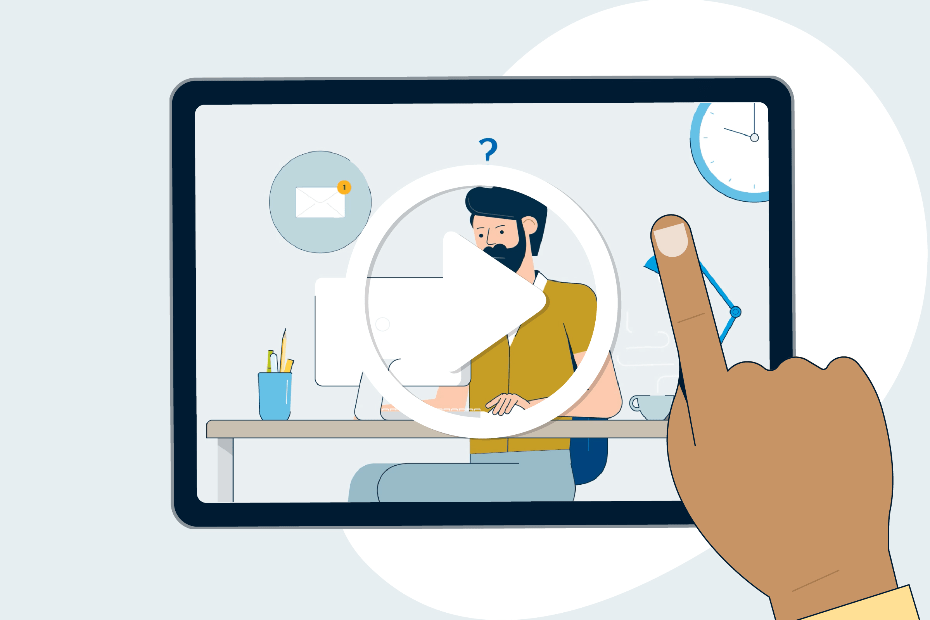Published April 25, 2023 • 6 Min Read
1. Be selective
From the in-person checkout at a retail store to an app download, you are constantly asked for your personal data. But you don’t have to give it away. It’s okay to tell a cashier you prefer not to share your postal code, email and phone number. It’s also wise to think twice why a website or app asks for your info. Your data is precious — it’s worth treating it that way.
2. Politely decline (or unsubscribe)
If you dislike getting calls from telemarketers, your inbox is cluttered by marketing messages, and your physical mailbox gets mail from organizations you want nothing to do with, it might be time to get off some lists. Canada’s Do Not Call List can reduce the number of calls you receive from telemarketers. You can also subscribe to the Canadian Marketing Association’s Do Not Mail Service to be removed from many mailing lists. And by clicking on the “Unsubscribe” button in an email from a legitimate source, you can reduce the number of companies that reach out to you.
These actions reduce the number of people and organizations that store your contact information.
3. Guard your SIN carefully
Your social insurance number (SIN) is a confidential number used for income reporting purposes and is a critical piece of personal data. When someone has your SIN, they may use it to apply for a credit card, open a bank account or rent a vehicle or accommodation. It’s a tool fraudsters use in identity theft, so it’s important to keep it safe.
It is recommended to keep your SIN card in a safe place (not in your wallet) and shred other documents containing your SIN.
While some government departments and private-sector companies are authorized to request your SIN, there are many instances where you do not need to provide it, even if asked. For example, you do not need to provide your SIN to:
-
apply for a job
-
rent a property
-
negotiate a lease with a landlord
-
apply for a credit card
-
rent a car
-
sign up for cell phone, Internet or TV services
-
apply to a university or a college
4. Use Multi-Factor Authentication
Multi-Factor Authentication (MFA), also known as 2-Step Verification or Two-Factor Authentication (2FA), makes it harder for cyber criminals to steal your information. That’s because it uses two separate factors to identify you. One is typically your username and password, while the other could be your cellphone, fingerprint, or other biometric data. Say, for instance, you’re signing into a food delivery site. You might receive a text to your cellphone with a code you must enter to confirm it’s really you before you can complete your transaction. It’s another layer of security that is remarkably effective in protecting your data and your privacy.
5. Set up Face ID and fingerprint features
Your personal devices store a huge amount of information about you. Chances are, you use your smartphone to log into social media, your banking, your rideshare app and more. Imagine if someone else got access to all that data.
Biometric features — such as Face ID or your fingerprint — are safer than passwords and more user-friendly. For example, Apple expects that the chance of a random person unlocking your iPhone or iPad using Face ID is about 1 in 1 million.
6. Be smart about passwords
Perhaps the easiest way someone can hack and access all your data is through a common password you use for all your logins and social platforms. It is also one of the most common missteps people make. Strong password hygiene is both easy and essential.
Basic tips for smart password use:
-
Create different passwords for each site and platform
-
Use longer passphrases, which are made up of randomly chosen words, instead of passwords
-
Use a password manager that can generate strong, random passwords — and remember them — so you don’t have to
7. Beware of public Wi-Fi
While public Wi-Fi is free and convenient, it’s not secure. As such, it’s easy for people to access and steal data sent between your device and the server. If you’re using public Wi-Fi, don’t log into accounts with private and sensitive information. Use a trustworthy VPN whenever possible.
8. Keep social media private
There is a lot of information a cyber criminal can learn from a social media profile — friends and family members, your birthday, your children’s names and birthdays, vacation plans, and so much more. Social engineers can use this information to carry out targeted attacks that can put your online — and offline — safety at risk. Keep social sharing to a minimum and regularly vet your contacts to make sure you really do know all the people you’re connected with.
9. Don’t let sites save your information
Sure, allowing your favourite retailer to save your credit card information to your profile can be super convenient for the next time you check out, but should that retailer get hacked, your information will be in the wrong hands. Instead, store your passwords in a password manager, which will encrypt your data and keep it safe. As an extra precautionary step, it’s a good idea to closely monitor your accounts so you can spot unusual activity quickly. Setting up transaction alerts also helps keep you connected to your accounts.
10. Get familiar with privacy settings
Nearly every website these days asks about Cookie Preferences. Cookies are small bits of information that help a website recognize you, remember what’s in your shopping cart or serve you targeted ads. And while it’s easy to “Accept All Cookies,” some cookies may undermine your privacy and security. To make your devices more secure, take a moment to customize your device privacy and browser settings, including auto cookie, location tracking and automatic downloads.
It’s important to take steps to protect your data — and the good news is, these steps aren’t difficult or time-consuming. It’s worth taking a few moments to implement these data protection tips to help keep your information private and secure.
It is critical that we all become more Cyber Aware and safeguard our online activities. Visit Be Cyber Aware for more tips.
This article is intended as general information only and is not to be relied upon as constituting legal, financial or other professional advice. A professional advisor should be consulted regarding your specific situation. Information presented is believed to be factual and up-to-date but we do not guarantee its accuracy and it should not be regarded as a complete analysis of the subjects discussed. All expressions of opinion reflect the judgment of the authors as of the date of publication and are subject to change. No endorsement of any third parties or their advice, opinions, information, products or services is expressly given or implied by Royal Bank of Canada or any of its affiliates.
Share This Article






